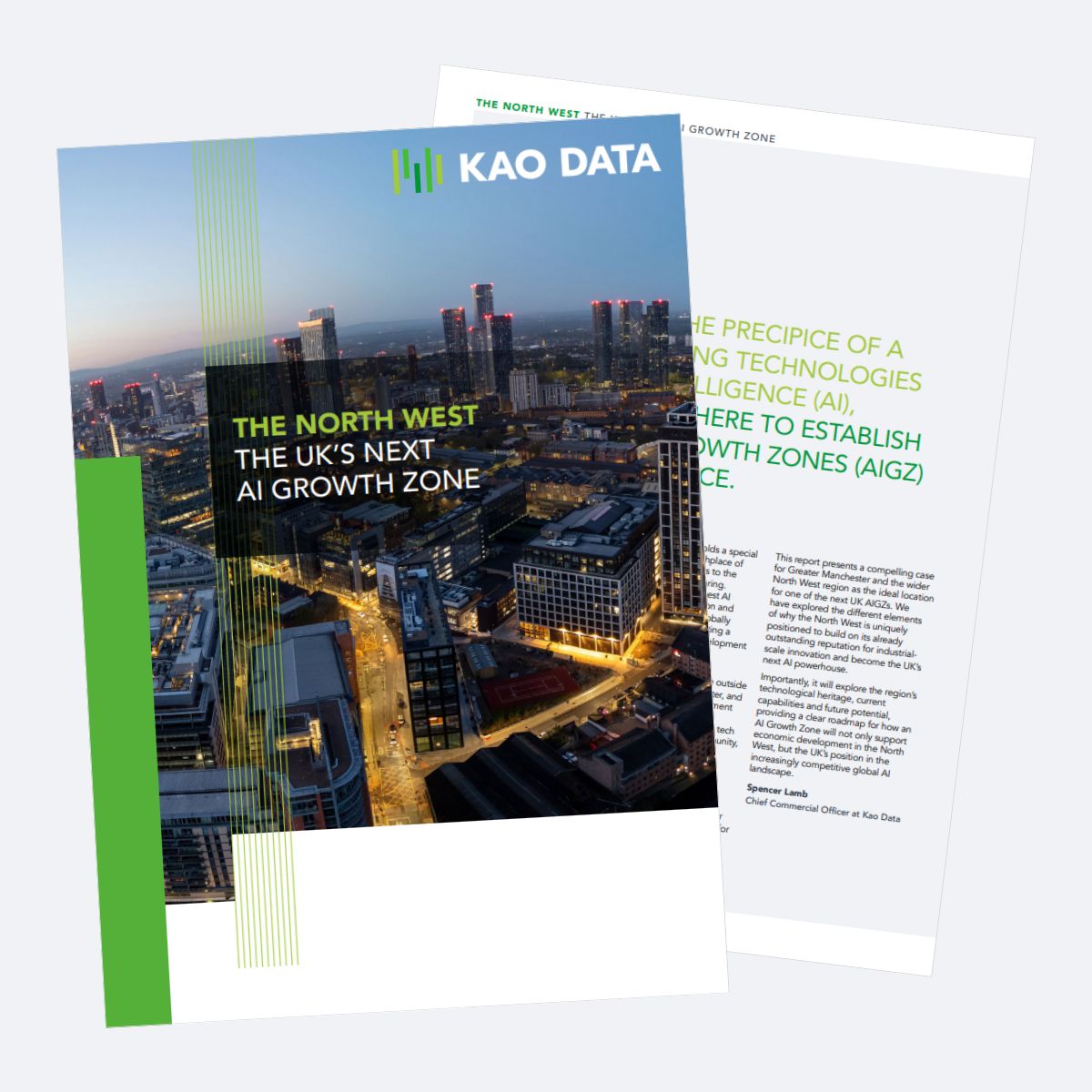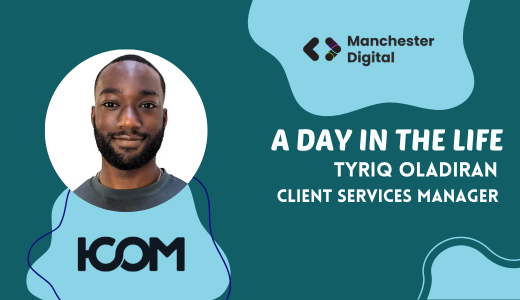It’s read your internet comments, scanned your forum posts and linguistically digested your thoughts on the Facebook pages you’ve liked. It’s the most exciting company I’ve spoken to in a long time and I think one day Google Facebook or a global ad agency is going to want to buy it, although I’ve been told by its Chief Marketing Officer that it’s not for sale. At least not yet.
The company got its start helping the police and other law enforcement agencies where it has been used to detect if a person talking online is 15 or 50. Immediately, you can see how this is useful in the hunt to keep children safe from online predators. In my chat with Rich Wilson, the chief marketing officer, he was reluctant to go into detail about how it helps police deal with lawbreakers, but some of it is fairly obvious. For one thing, it can be used in sting operations where the police need to find people who are attempting to groom children online.
The service has evolved a lot though, having gone from being able to analyse writing for linguistic clues about who people really are, to being able to look at huge online forums and discern trends from them. In fact, the software can be given pretty much any written content in English (other languages will be supported soon) and provide huge amounts of information. This has taken the company away from looking at the writing of individuals who might be misrepresenting themselves, to looking at huge communities online or even just two competing products, to see who has the best adverts.
The company has, for example, taken the print adverts of two competing fashion houses and compared them to each other. The goal was to see how their advertising message differed from each other. The result they got back was surprising, the two adverts were identical. Perhaps small differences were written into the copy, but the core message was identical – the only major difference was the brand name. You don’t have to work in advertising to understand that these sort of generic ads are probably not doing an efficient job of selling your company’s product.
In another example, Relative Insight was able to get demographic breakdowns for two, large, parenting forums in the UK. The software analysed thousands of posts from each, and was able to identify that one was very budget-focused, and the other the total opposite, with more affluent users. I found this particularly interesting, because companies like Facebook are very keen on accurate demographic information. It is, after all, the core of their business to sell targeted adverts.
Evidence was a word which came up a lot in my chat with Wilson. He explained that companies are quite reluctant to make use of its services at first, especially where they have invested in expensive system that are supposed to undertake similar work. He said that the best way for them to win new clients is to prove to them that they understand their audience better. The company has done this for lots of big firms, with auto manufacturers being some important clients that have seen the value in what the firm offers.
So what does all this mean for companies like Facebook and Google? Well, these firms make their money largely from advertising. The big problem with advertising is targeting those ads to the right people. With targeting, there comes on a reliance that the information a company has about you is correct. So I could tell Facebook my gender is female, and I’m 25, and it might target ads at me that are not relevant to a man of my age. An extreme example, but users could be getting bad ads for a lot of reasons.
If Relative Insight were to provide information into users, based on the things they said online – perhaps made in Facebook-linked comments, or in private messages to friends, it would gain a much better understanding of its users. Now you could argue about the ethical implications of such a plan, but with recent news, would anyone be surprised if Facebook did this sort of thing? And ultimately, with online services constantly evolving their terms and conditions, who is actually going to stop these companies from using information in this way?
Does it worry me? I’m not even sure anymore. As keen as I am to have privacy, I’m getting used to the way everyone wants to scrape every aspect of my online life. These days, with increasing age and more considered approach to my online existence, it doesn’t feel so worrying. That said, I can see why people are concerned about everything we write being used to sell us things. Ultimately, Relative Insight is more about groups, or demographics. Unless you’re doing something illegal, and therefore falling under one of its law enforcement projects, then it really just sees you as a part of a larger whole. And in general, it seems reasonable to assume now that anything you write online can be used to build up a database about you somewhere. There’s really no way to get away from the reality of that now, and it’s something we have to accept.
As I left my chat with Rich Wilson I asked if he and his partners were looking to be bought by the likes of Google or Facebook. He assured me that they weren’t really for sale, and that they had a lot they wanted to achieve first. I can see why, if Relative Insight keeps going as it is now, it will be a company every brand needs to work with to get the best possible results from advertising. And governments too are going to be very keen to deploy its more off-book products as a way to monitor illegal behaviour, and counter terrorism.
Source: Forbes









